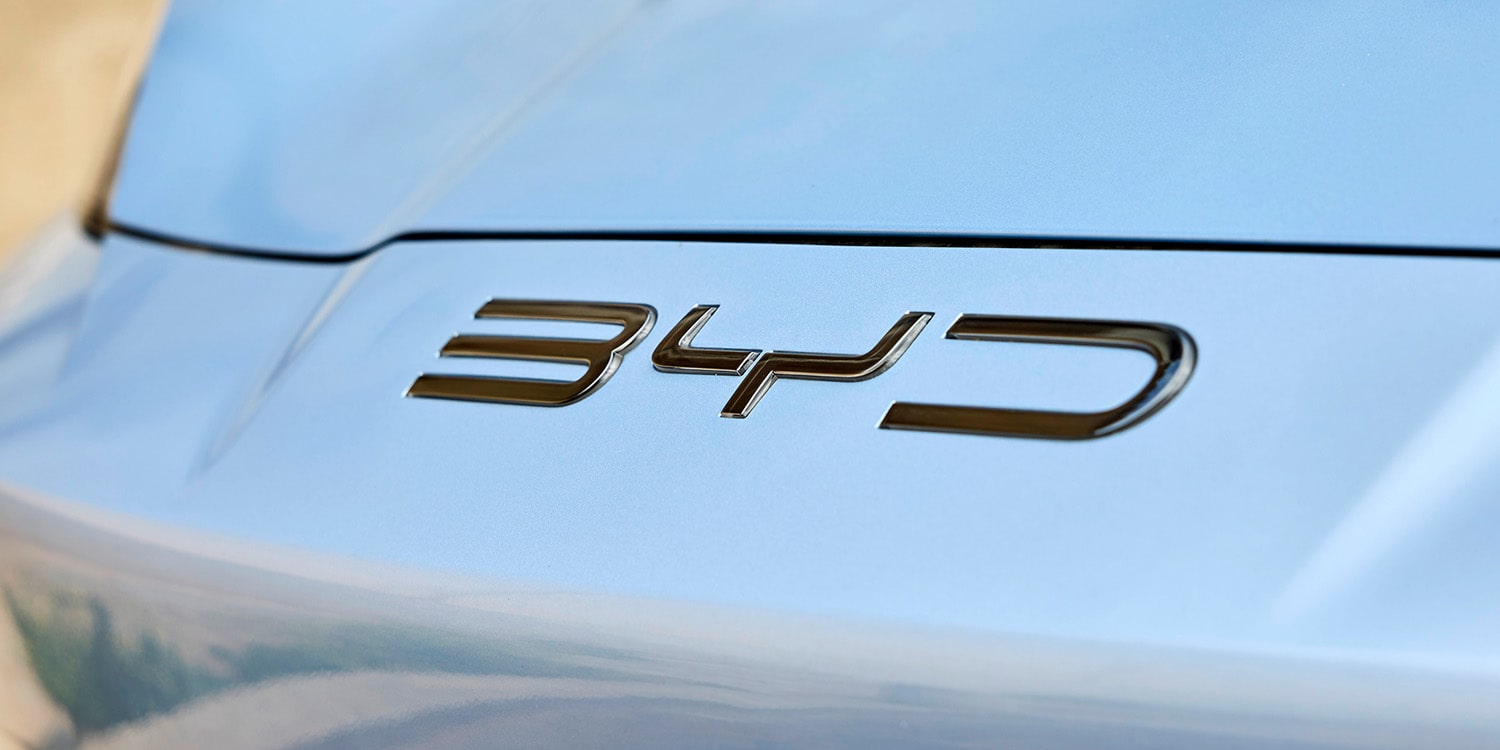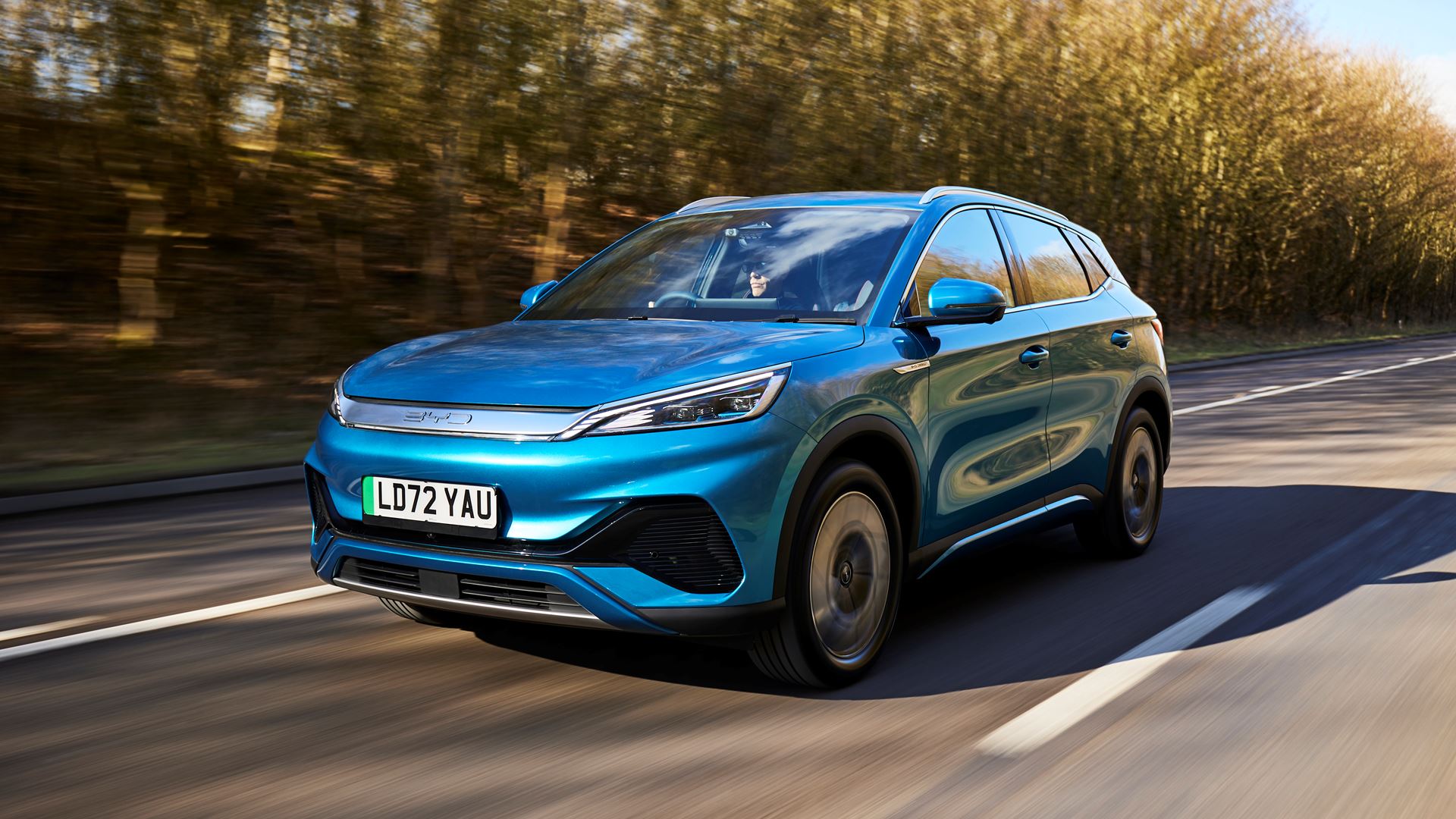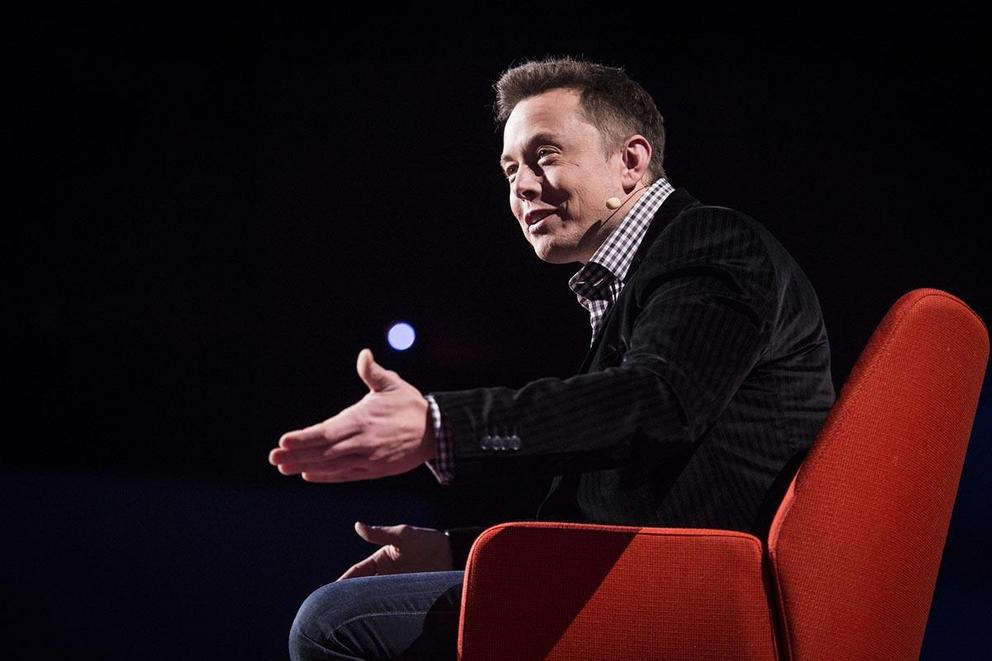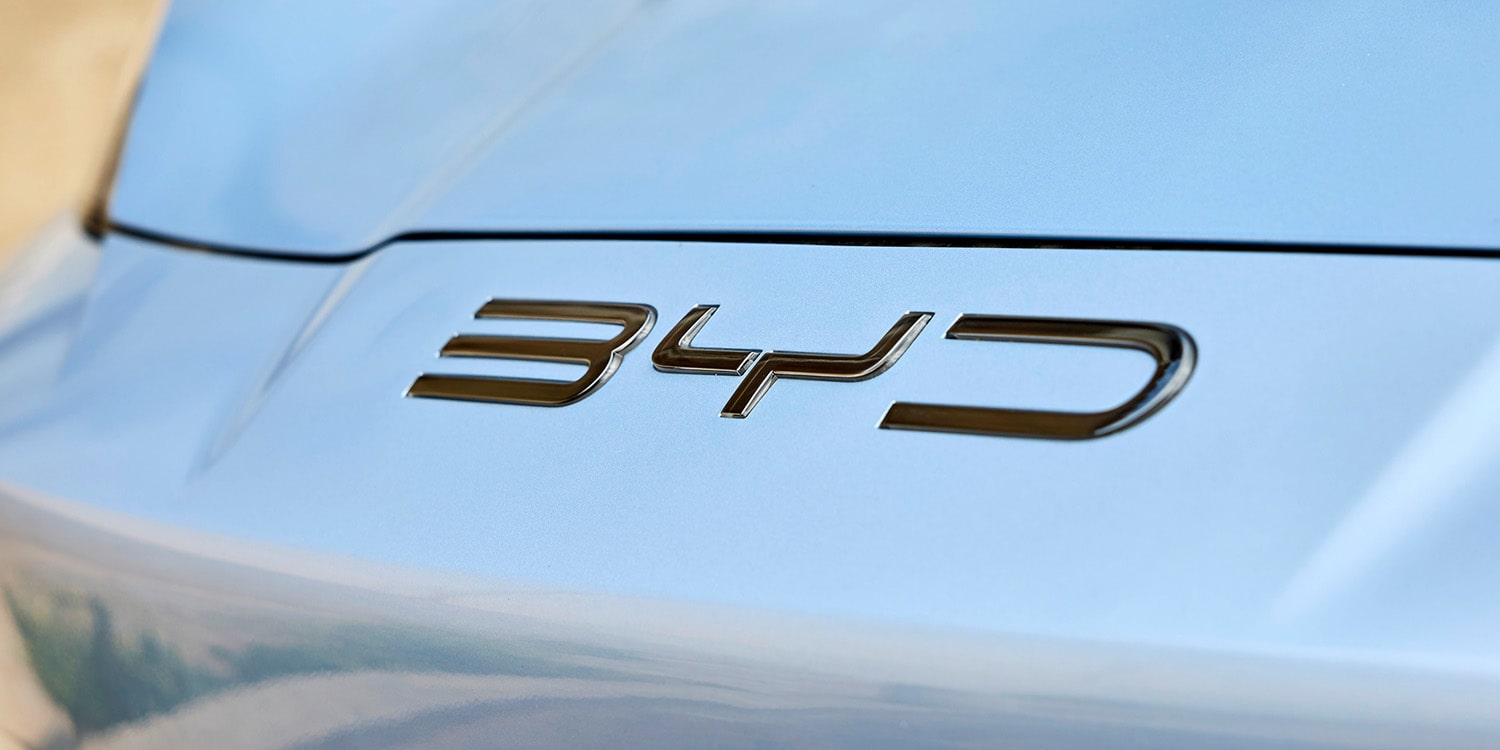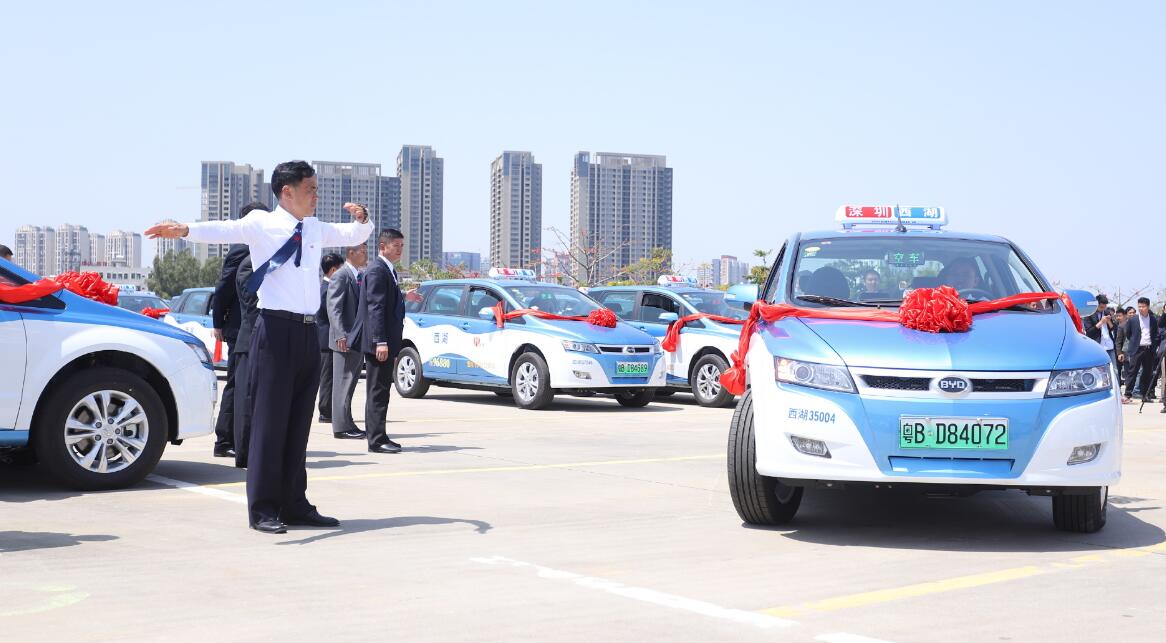Chinese automaker BYD is planning to invest $290 million in building a battery material factory in Chile’s Antofagasta region, according to the Chilean economic development agency CORFO. The plant could produce up to 50,000 tonnes of LFP cathode material annually, and is expected to be commissioned by the end of 2025. The project is estimated to employ 500 people, and BYD has been appointed as a qualified lithium producer by the Chilean government, allowing it access to preferential prices for lithium carbonate quotas. The move comes as Chile’s President Gabriel Boric announced plans to nationalize the country’s lithium industry to boost the economy and protect the environment.
See also: Chile’s Plan for State Majority Stake in Lithium Industry Rattles Business Leaders
The Chilean government has appointed BYD Chile as a qualified lithium producer, which could give the company preferential treatment in the country’s lithium industry, despite plans to put the sector under state control. Reuters reports that the plant will produce LFP cathode material and create hundreds of jobs in the region. Some of the cathode material will remain in the country, as BYD is one of the suppliers of electric buses for Chile’s public transport system. BYD’s electric buses use LFP batteries, and the company hopes to strengthen its position in the lithium value chain with the new factory.
The Chilean government’s plan to nationalize the lithium industry is aimed at transitioning the country to a sustainable and developed economy. President Gabriel Boric announced the move in an address televised nationwide, stating that future lithium contracts would only be awarded as public-private partnerships with government control. Lithium operations would transfer from SQM and Albemarle to a separate state-owned company, but the government would not terminate current agreements. SQM and Albemarle supply Tesla, LG Energy Solution, and SK On, among others. Albemarle expects the announcement to have “no material impact on our business,” and talks on further investment and growth in Chile are set to continue.
See also: Chile’s first electric bus factory aims to produce 200 electric busses a year
Mexico’s government signed a decree to nationalize lithium mining in the country in February, reflecting a growing trend towards state control of the critical mineral. As global demand for lithium grows with the increasing adoption of electric vehicles, countries with significant lithium reserves are seeking to maximize the economic benefits of their resources while minimizing environmental impact. Nationalization plans for the lithium industry are likely to face opposition from companies and investors who fear that state control could lead to reduced efficiency, increased bureaucracy, and political interference. However, proponents argue that state control can provide greater

